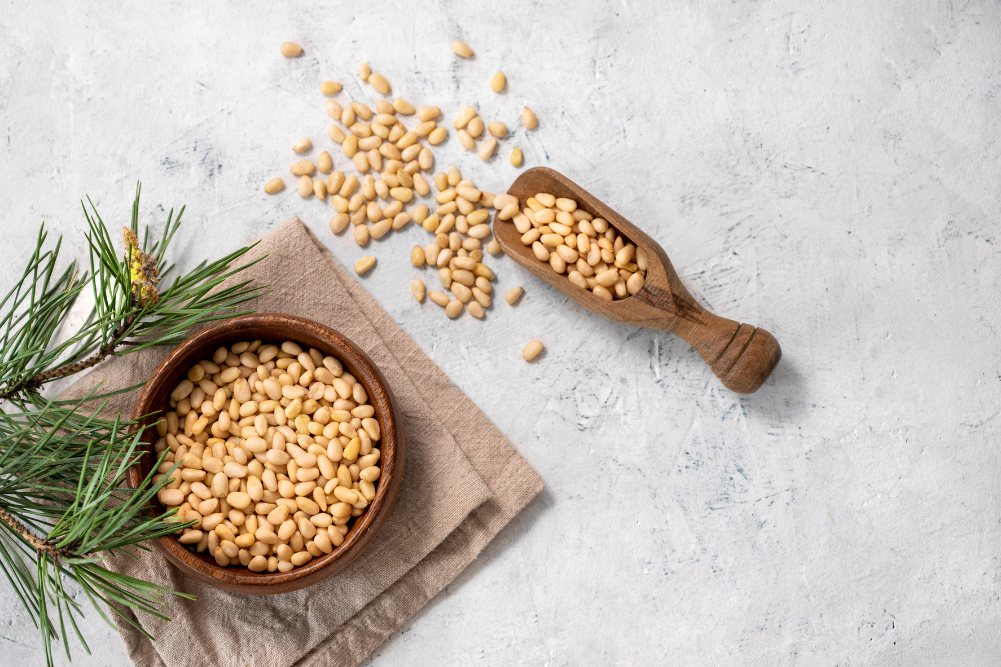Food choices
You make choices all the time. You have chosen to wear your hair that way (despite advice to the contrary), you chose to watch that reality TV show a few nights ago (and are still living with the regret), and you have even chosen to be reading this column right now (the mark of a highly intelligent and sophisticated individual). Yet while “choosing†is a constant of life perhaps the arena in which we make the most frequent choices is in food, simply because we make decisions as to what to eat so many times every day. In our society the temptation of fast food is ever-present, tickling your cortex and massaging your basal ganglia with its bright colours, fallacious food photography, and promises of social acceptance. In recent years, as people have actually decided that food should be nourishing, there has even been a trend towards fast food outlets offering what they say is healthier food. So is fast food improving? That is what researchers from Tufts University, Boston decided to find out.
To do this they assessed popular food items from fast food outlets between 1996 and 2013. The items chosen were cheeseburgers, fries, grilled chicken sandwiches, and cola drinks. To be fair, this means they were not assessing items like salads that do appear on some fast food menus these days but were not there 20 years ago. The question in play here though was whether there had been an improvement or a deterioration in these popular fast foods.
The results showed that in the 17 years of the study there was little change in portion sizes or nutrition quality in the foods tested. There was however, some improvement in fries (hot chips). It was found that levels of trans fats in fries dropped between 2005 and 2009 as people became aware of the problems with these fats. The amount of saturated fat in fries also began to decline in about 2001 (which opens the whole Pandora’s Box as to whether saturated fats are as bad as we thought they were; a debate for another day).
So while portion sizes may not have increased as popular belief may have it, there has also been no great improvement in overall nutritional value in these foods. It remains the case that a large cheeseburger with large fries and a cola provides anywhere from 57 to 88 per cent of your required daily kilojoule intake. Given that it is not a particularly nutritious food source fast food doesn’t leave you much kilojoule room to get the nutrition you need for your body to thrive.
It is a daring and provocative proposition, but could it be that doing things faster is not always better, especially when it comes to food?





